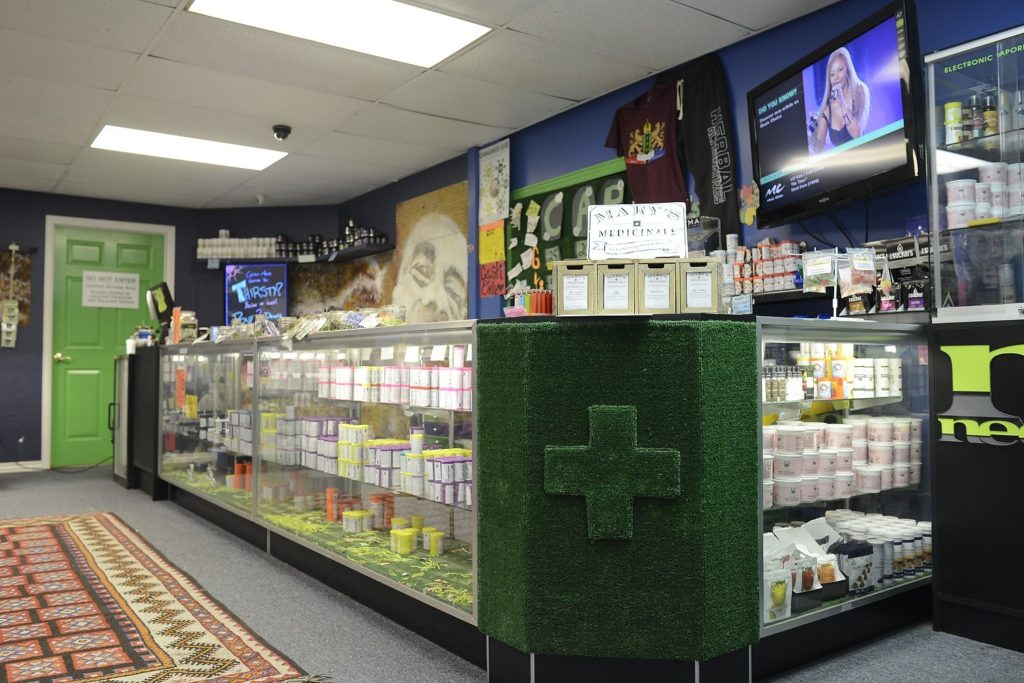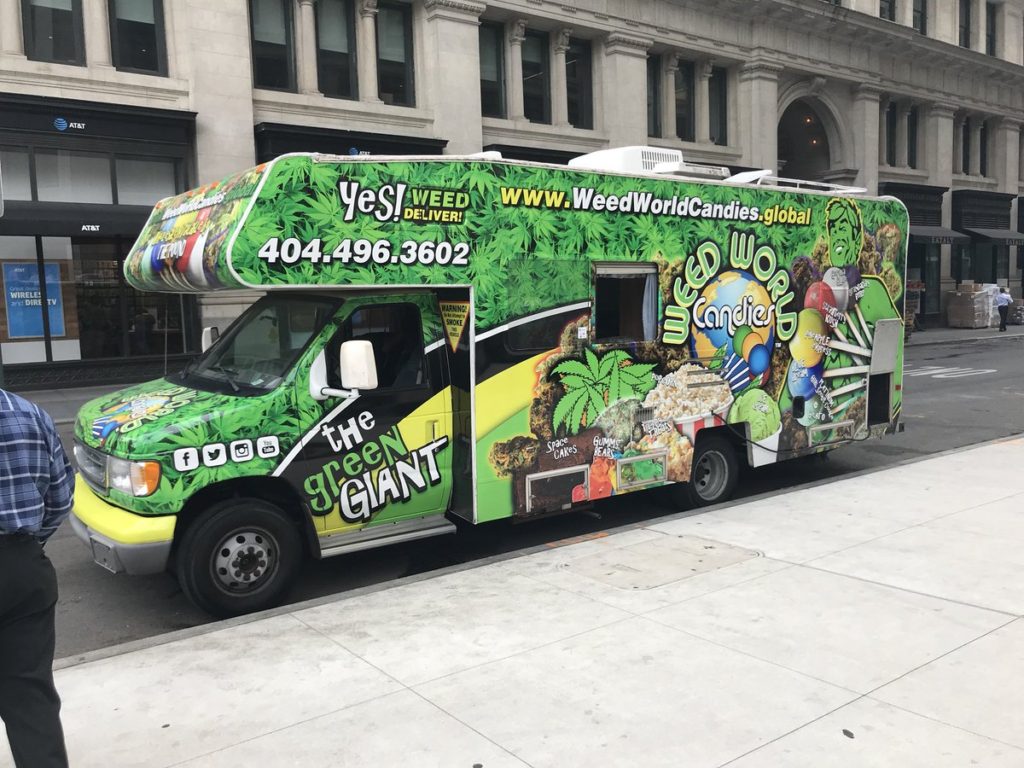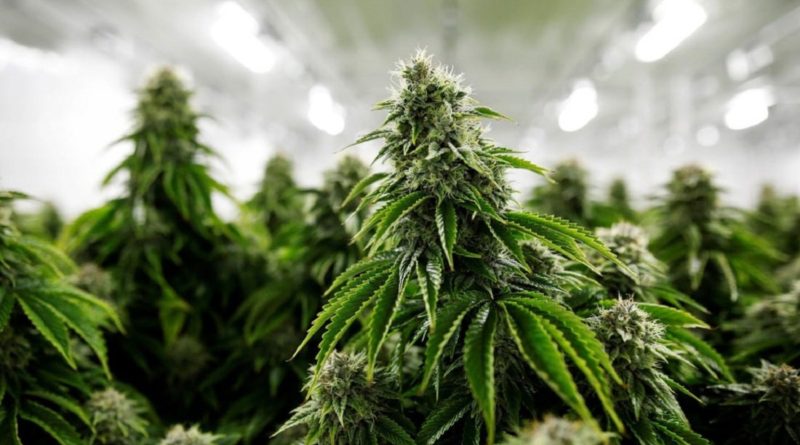The Cannabis Industry Still Has Room to Grow
Marijuana has become one of the most used substances in the United States today. The legalization across many states in recent times has opened the market up to new users and has allowed farmers and entrepreneurs to dive into the industry with full force.
While marijuana has a variety of benefits for users, as an industry it is also an important source of income generation. The marijuana industry employees many people and generates millions in tax revenue for states where its use has been legalized. Colorado alone brought in $423 million in tax revenue from marijuana sales in 2021, with a net sales of over $12 billion since its legalization there in 2014.
Marijuana is still an illegal drug at the federal level, and recreational marijuana use is still illegal in most states. The criminal penalties for marijuana use or possession have been notoriously harsh, with many experts pointing to minimum sentencing laws for drug crimes as propping up America’s “prison industrial complex”.
However, in modern times there has been a considerable push away from the criminalization of narcotics, and particularly marijuana. Early initiatives pushed for legalizing medicinal use, but today recreational use of marijuana is becoming the norm. And while there are still many states which have not yet legalized recreational marijuana use, public opinion is in its favor.
California was among the first states to decriminalize the use of marijuana. Since the inception of this policy, there have been tremendous economic consequences; a substantial increase in public revenue comes from cultivation and selling the marijuana and cannabis products.
Aside from the economic benefits, there seems to be important health benefits as well for individuals and for society. The ability to regulate the marijuana market means that the products are safer than buying off the black market, and marijuana looks to be a less addictive and far less dangerous alternative to many medications for anxiety or pain relief.
While marijuana use is nothing new, its legalization has opened the door for businesses and producers to innovate. Countless cannabis related enterprises have sprouted up since the first statewide legalization of recreational use. Prior to this, most of the production and marketing focused on legal medicinal use, but the recreational sector offers a wider range of opportunity and competitors strive for innovative ways to stand out.
Product quality is one such focus, with companies developing their own marijuana strains to give them an edge with consumers. Strains can be bred for specific traits, geared to target a specific set of users who prefer particular qualities from their marijuana and the high it brings them. And while cultivating specific strains is nothing new, what is new is taking these strains to the patent office, something illegal drug traffickers never had the opportunity to do. Currently, only 12 US patents exist for cannabis plants, but this will likely increase, particularly as biopharmaceutical companies get into the market.
Innovation is also happening at the distribution level. Marijuana shops quickly popped up after legalization, offering a selection of products and related paraphernalia. Many of these followed a pattern similar to fun and welcoming video game stores, such as GameStop. The staff would be knowledgeable about marijuana use and help newcomers find what is right with them or carry on lengthy conversations with experienced users. They had an important social aspect to them where people would go to find out about the latest strains and even make new friends.

Now we’re seeing the rise of marijuana lounges around the country, particularly as states and cities work to adjust their regulations around the public consumption of marijuana. Most initial legalization rules came with outright or highly restrictive bans on public consumption, making cannabis bars or lounges an impossibility. However, local governments saw the potential, particularly since marijuana is a social drug and these establishments would easily add additional revenue streams to the already growing cannabis industry. Unfortunately, around the time many places were working out these particular regulations, COVID-19 hit, but as the pandemic hopefully subsides, marijuana bars will likely begin popping up around the country, and they will likely thrive.
Marijuana delivery is an innovative area that’s also pandemic-proof. In places like Los Angeles or San Francisco, you can buy marijuana through a weed delivery service and have it delivered right to your door. Even without a global pandemic, delivery is a convenient option preferred by many. Outside the cannabis industry, on-demand and delivery services are becoming the new norm as companies pioneered the paradigm out of necessity but found it to be beneficial for them and their customers.
Edibles are an area with perhaps the most room for creative growth as traditional bakers, food truck vendors and others in the food industry are looking for ways to incorporate cannabis into their menus. New York City recently legalized recreational marijuana use and is now home to weed “food trucks” which can be found parked on the street just like your typical taco or halal staples.

And it won’t stop there. Essential oil companies are adding cannabinoids to their offerings. You can find a wide variety of cannabis-infused products, ranging from protein bars to cheeseburgers. You can think of marijuana as a kind of not annoying and not seasonal pumpkin spice, as businesses everywhere will be looking to incorporate some element of it into their existing products and services.
In 2021 alone, US legal marijuana sales topped $17 billion, and this is still a new and growing industry. Laws are likely to continue to evolve, and will lead to more areas across the globe legalizing recreational marijuana and cannabis products, but also relaxing and updating regulations that will offer new ways for customers to get their high and expand the market for existing methods. So while already a single state like Colorado is doing over $2 billion in annual marijuana sales, this is just the beginning. The full potential of the cannabis industry is still several years from being unleashed.
